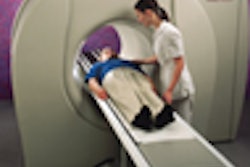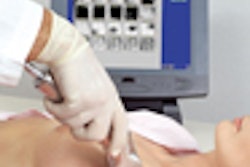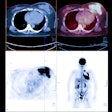Researchers from Mayo Clinic and the University of Minnesota have teamed up to commercialize a Vitamin B-12-based radiopharmaceutical they say could markedly improve the detection of breast, lung, and other cancers. As a result, the researchers have formed Copharos, based in Ponte Verde Beach, FL, to direct development efforts, the company said.
The patented compounds and processes were developed by Douglas Collins, M.D., a diagnostic radiologist from the Mayo Clinic, and his former professor Harry Hogenkamp, Ph.D., a biochemist at the University of Minnesota. In the process, a radioactive isotope is attached to an analogue of Vitamin B-12 to create DTPA-adenosylcobalamin (DAC). A standard gamma camera can distinguish between normal and cancerous tissue by noting higher concentrations of the radioactive B-12 in the cancerous tissues, according to Copharos.
The team has noted especially promising results in breast cancer imaging, where the compound successfully distinguished between malignant and benign tissue in 8 of 9 patients, according to Copharos. The radiolabeled DAC could be especially useful in breast imaging, where dense tissue can markedly decrease the sensitivity of mammography, Dr. Collins said.
By AuntMinnie.com staff writers
September 20, 2000
Copyright © 2000 AuntMinnie.com




















